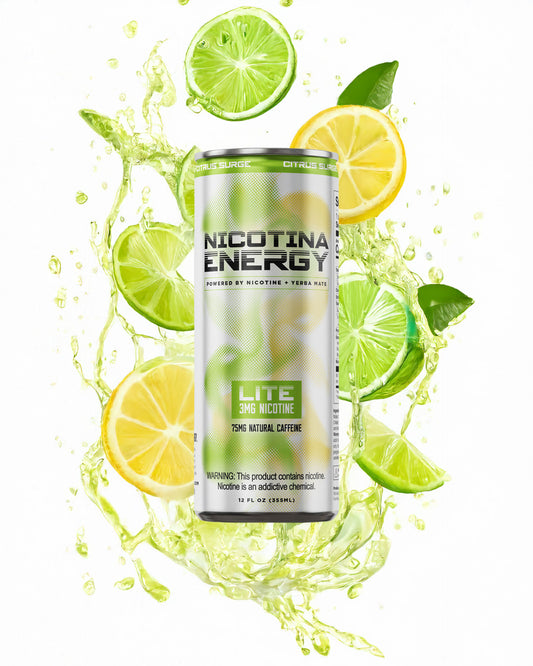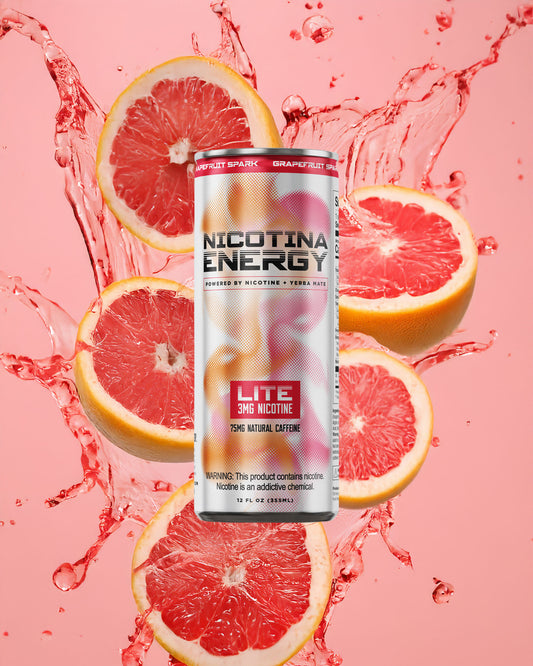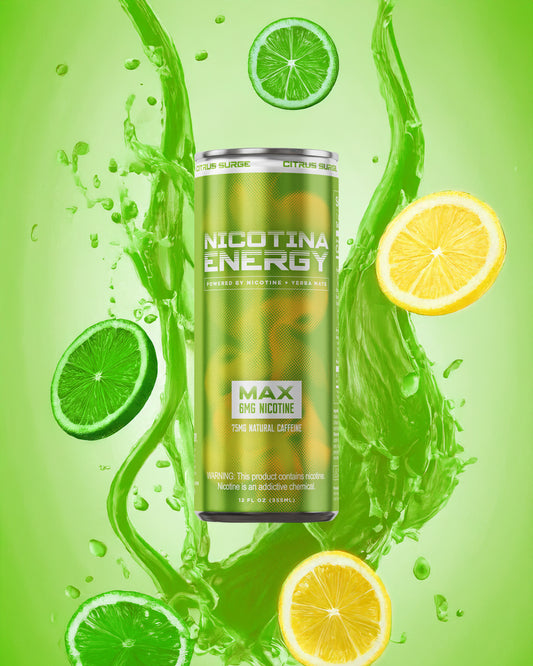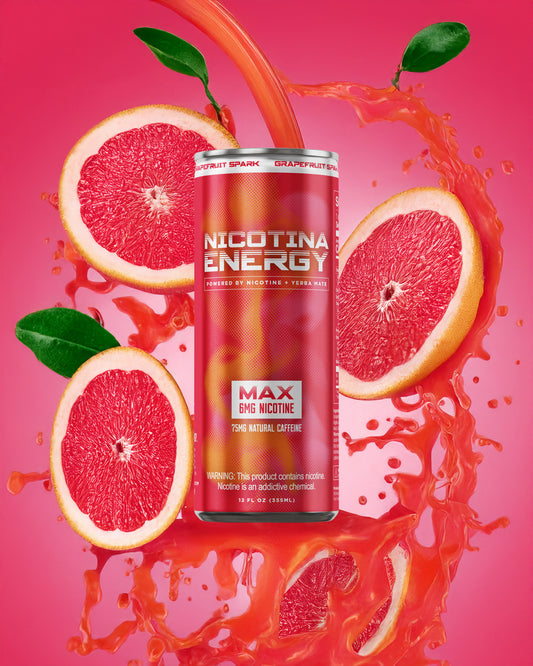
The Surprising Truth About Nicotine: Benefits, Risks, and Smarter Use
What Is Nicotine, Really?
Nicotine is a naturally occurring compound found in tobacco—but also in everyday foods like tomatoes, potatoes, eggplants, and green peppers. It affects the brain by binding to receptors called nAChRs, influencing everything from attention to memory. While it's known as a stimulant, it's also a nootropic that can enhance cognitive function when used carefully.
Nicotine Isn't the Villain
Most health concerns linked to nicotine come from smoking, not the compound itself. Cigarettes deliver nicotine through combustion, which creates thousands of harmful chemicals—like tar, formaldehyde, and carbon monoxide. These toxins cause cancer, heart disease, and lung damage. Nicotine on its own is not a carcinogen and doesn't directly cause these diseases.
What Happens When You Use Nicotine (in Clean Form)?
Nicotine triggers the release of dopamine, acetylcholine, norepinephrine, serotonin, and beta-endorphins. The result? Better focus, faster reaction time, improved memory, appetite suppression, and reduced anxiety. In controlled doses, it can also lift your mood and sharpen your thinking.
The Benefits (When Used Responsibly)
- Brain Boosting: Enhances attention and memory, especially in tired or sleep-deprived states.
- Neuroprotection: May reduce risk or progression of diseases like Parkinson's and Alzheimer's.
- ADHD Support: Works similarly to stimulants like Adderall by increasing dopamine and norepinephrine.
- Mood Regulation: May ease symptoms of depression and anxiety in some users.
How to Use Nicotine Smarter
- Stay away from anything you burn. Safer delivery systems include:
- Gum, Lozenges & Pouches: Absorbed through the mouth for quick and smooth onset.
- Patches: Slow-release and useful for baseline effects.
- Nasal Sprays: Potent and fast, but best for experienced users.
Sublingual (under the tongue) and buccal (cheek) absorption are ideal for clean, efficient delivery.
Yes, There Are Still Risks
- Addiction: Nicotine is habit-forming, especially in high doses or frequent use.
- Heart Rate & Blood Pressure: Temporary elevation after use.
- Tolerance: Your body adapts quickly, often needing higher doses for the same effect. Not for
- Pregnancy: Can harm fetal development.
When Might Nicotine Be Useful?
- Used sparingly, nicotine may help with:
- Deep work or creative focus
- Pre-workout energy
- Jet lag or long travel
- Cognitive enhancement stacks (paired with caffeine, L-theanine, etc.)
Bottom Line
Nicotine is like fire. Used mindfully, it can boost brain power and productivity. Used recklessly, it can create dependency and health issues. Know your why, set boundaries, and respect the compound.
Getting Started Safely
- Start with 1–2 mg gum or pouches.
- Track effects (focus, mood, productivity).
- Avoid using it to mask exhaustion.
- Reserve it for specific high-performance moments.
- Take regular breaks (no more than 3–4 times/week).
Nicotine isn’t just a relic of smoking—it’s a misunderstood tool. Used cleanly and with intention, it might offer more upside than you think.







